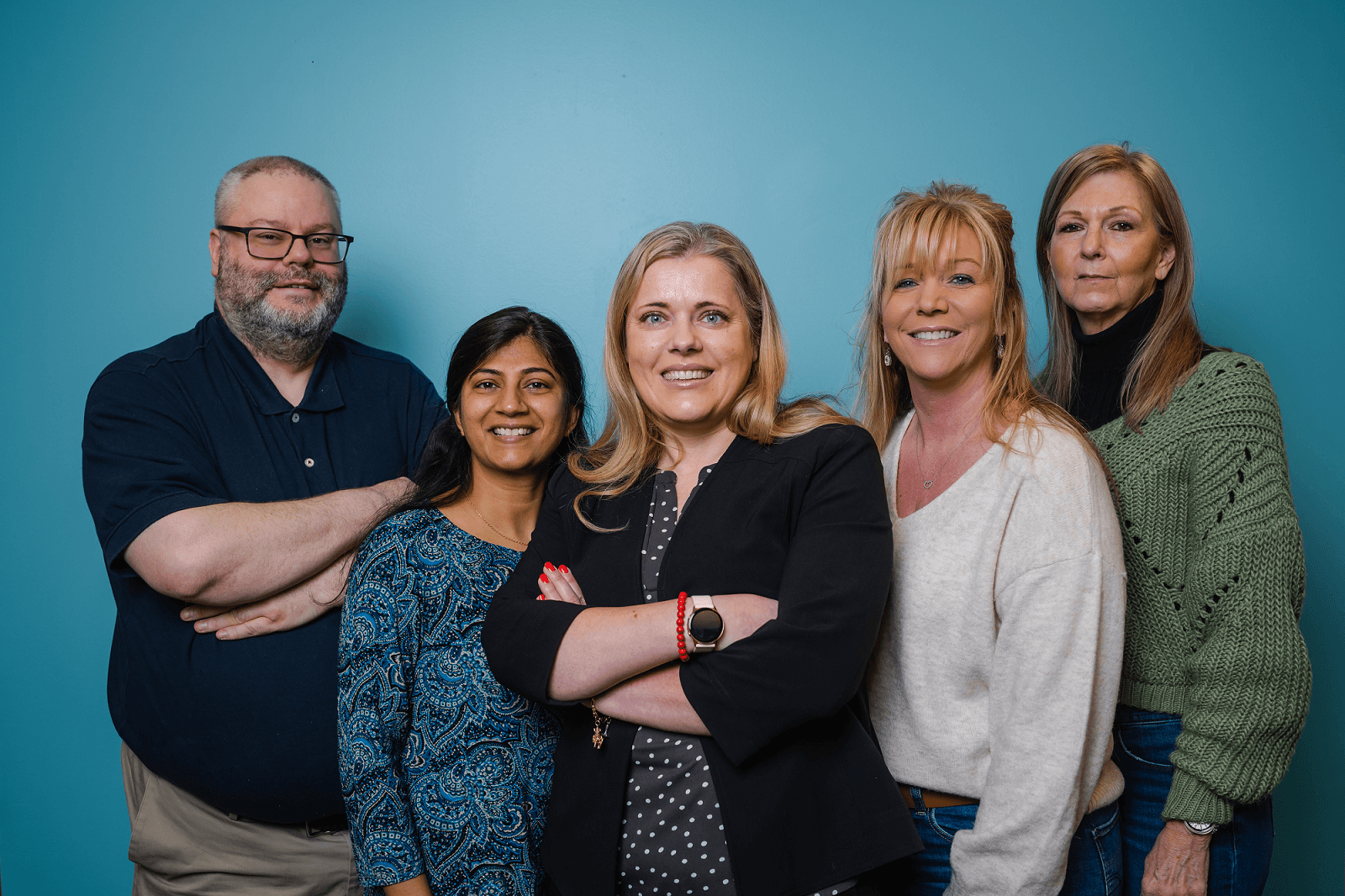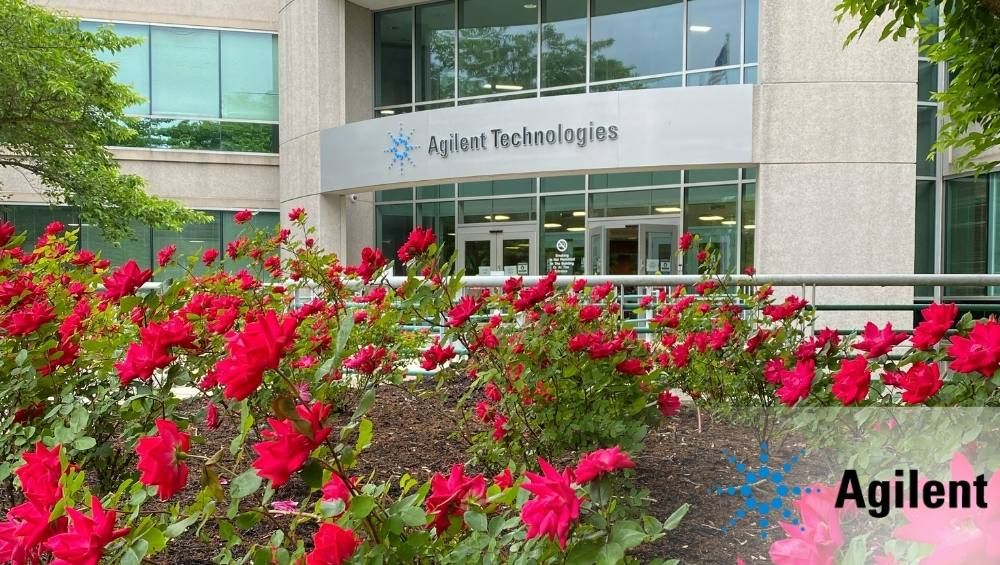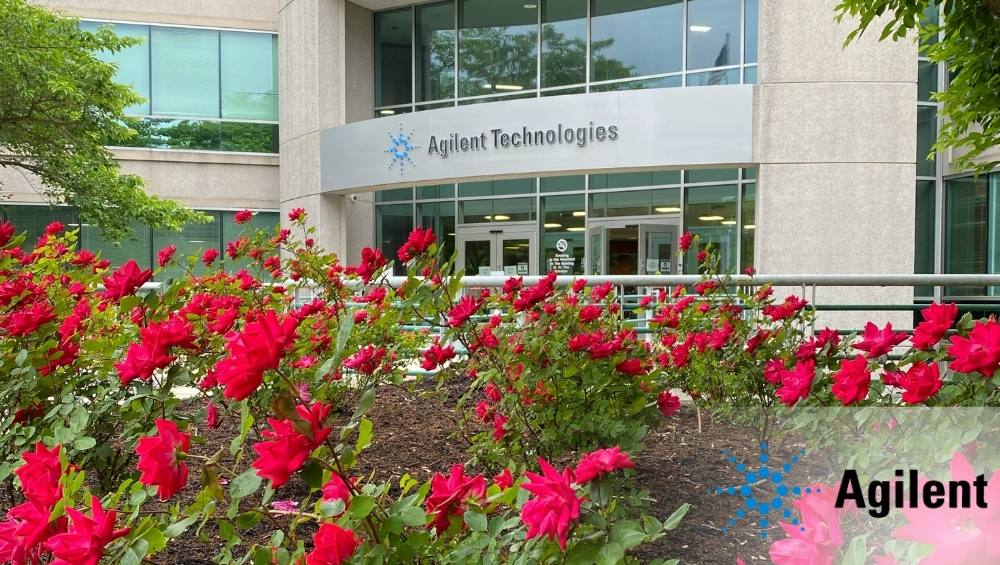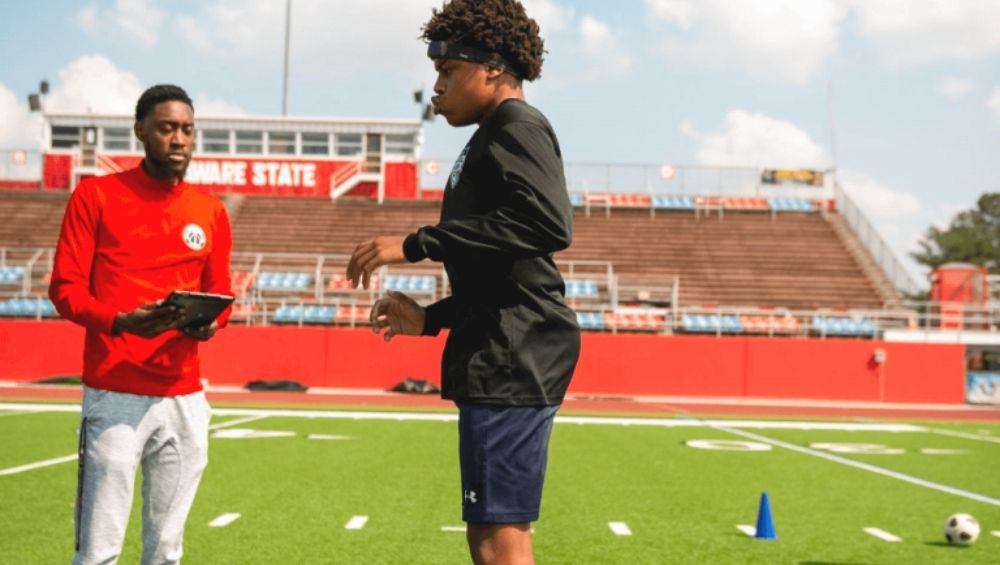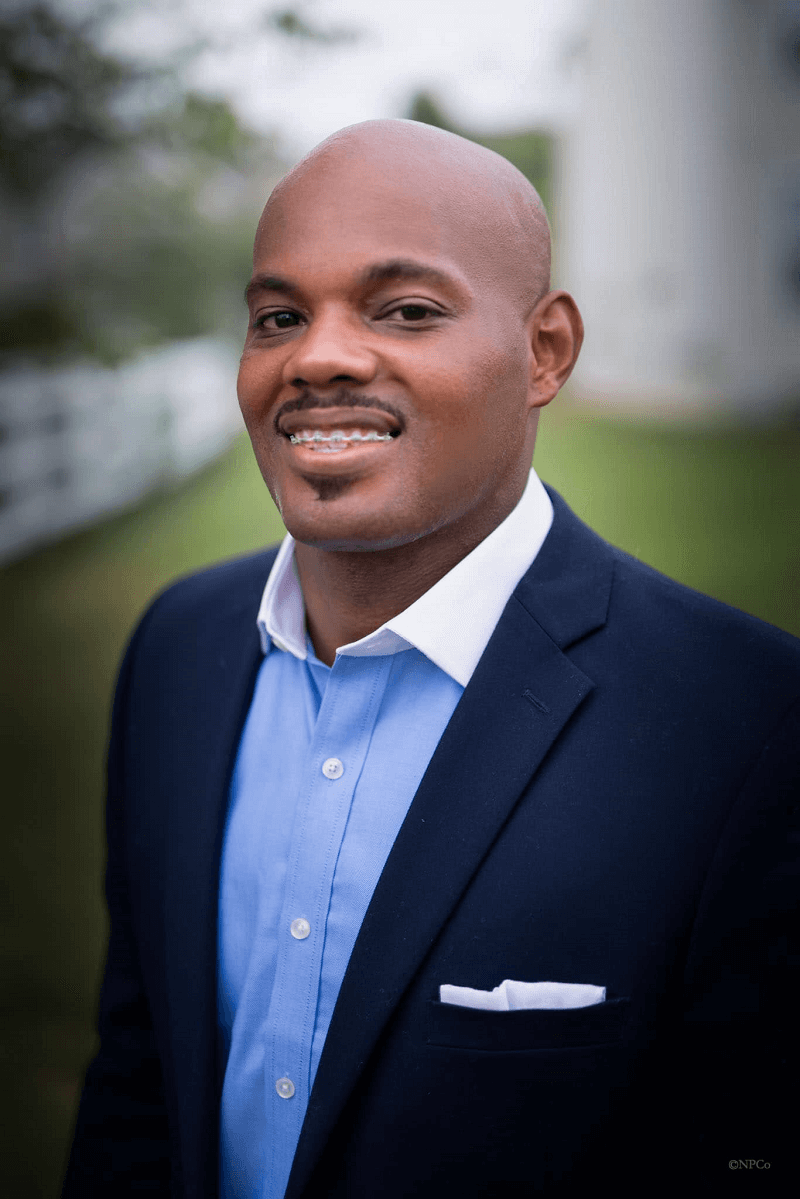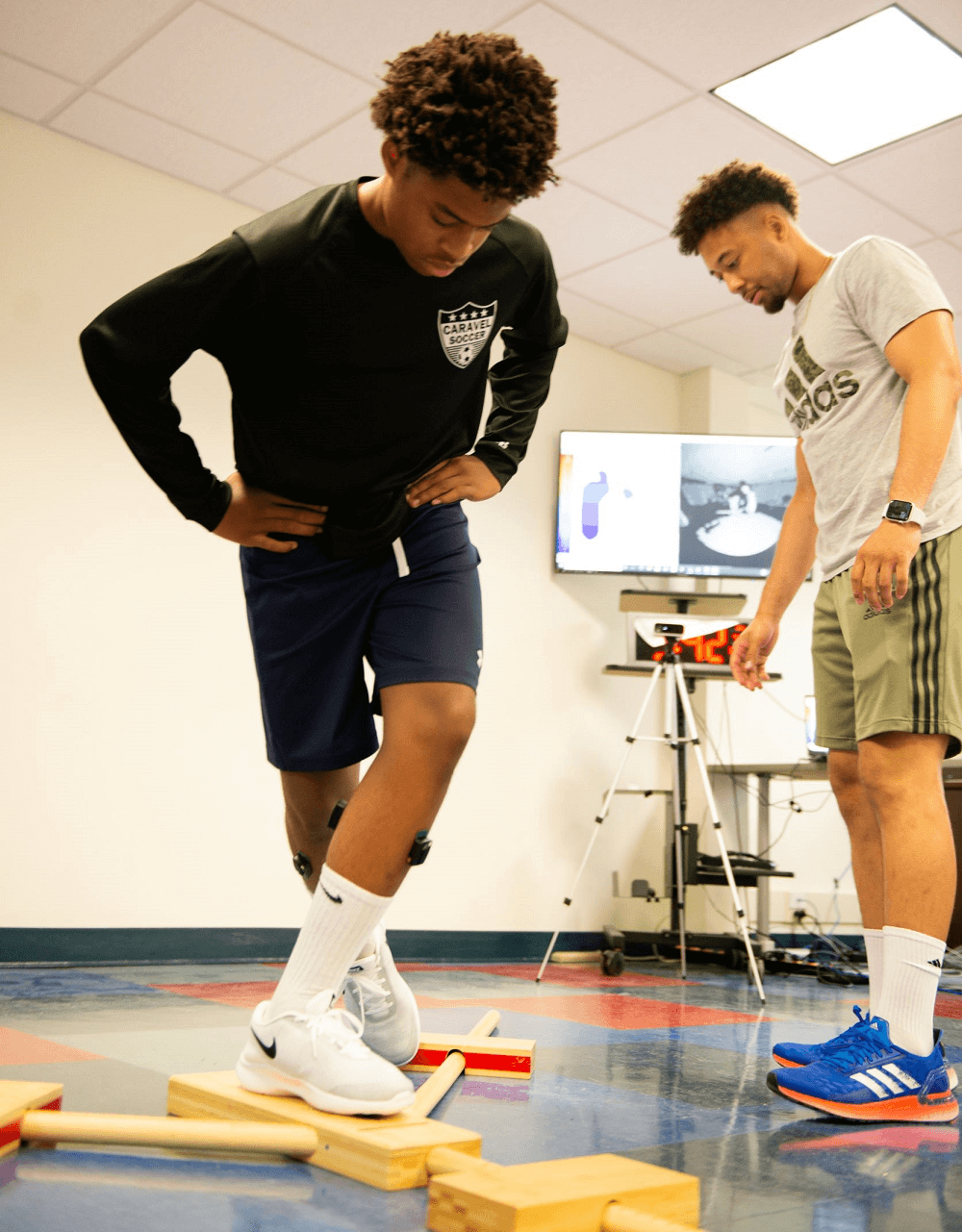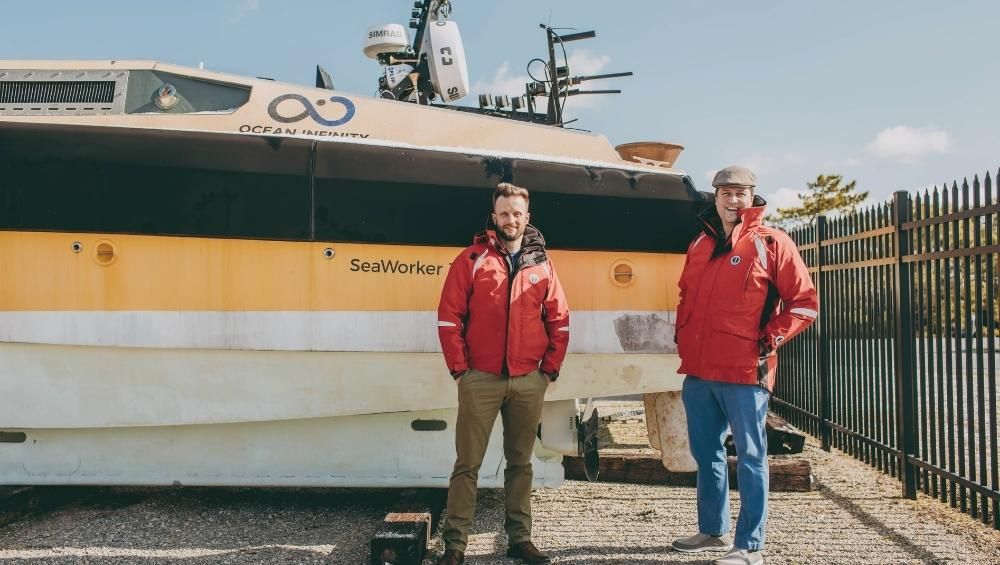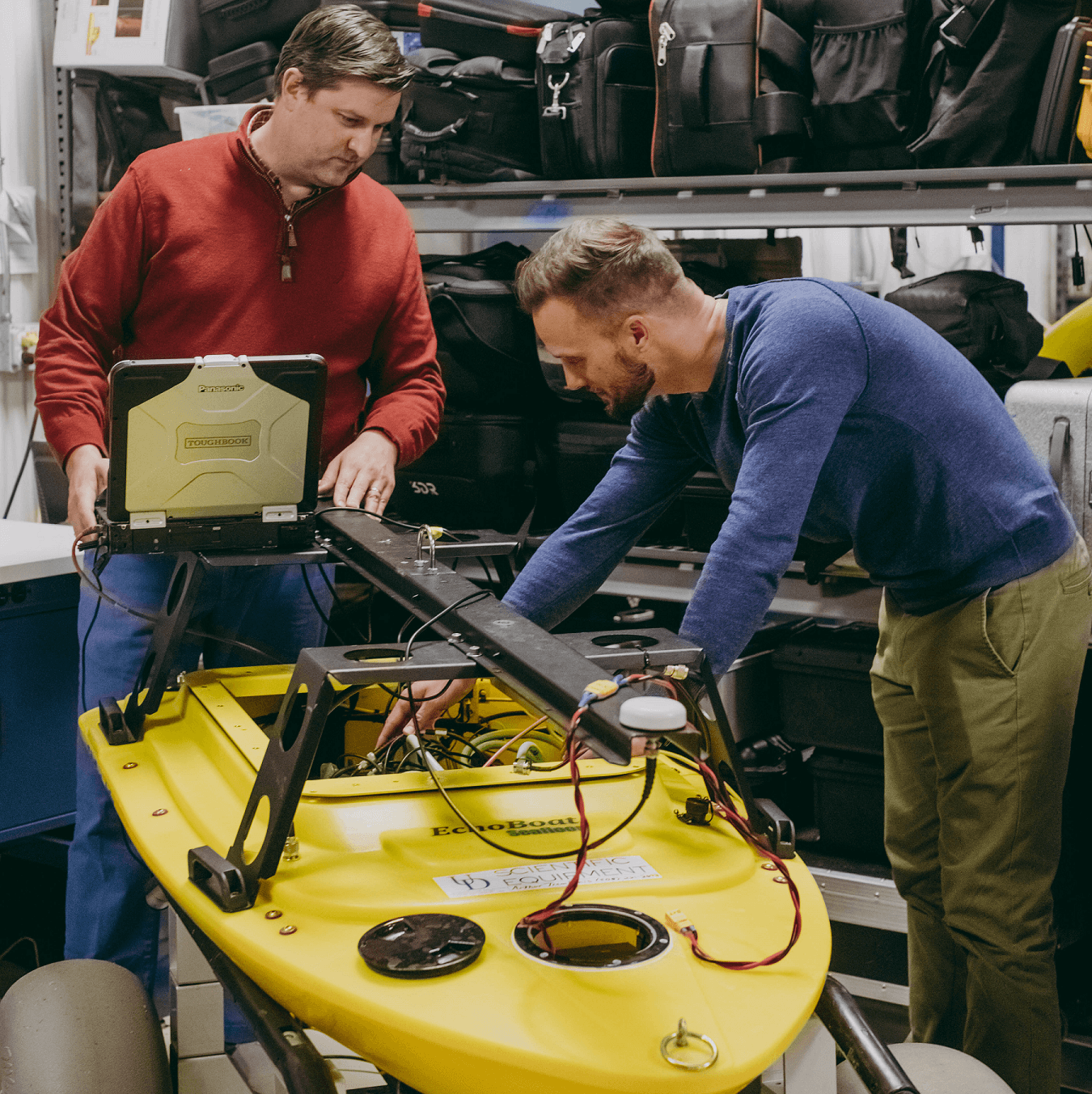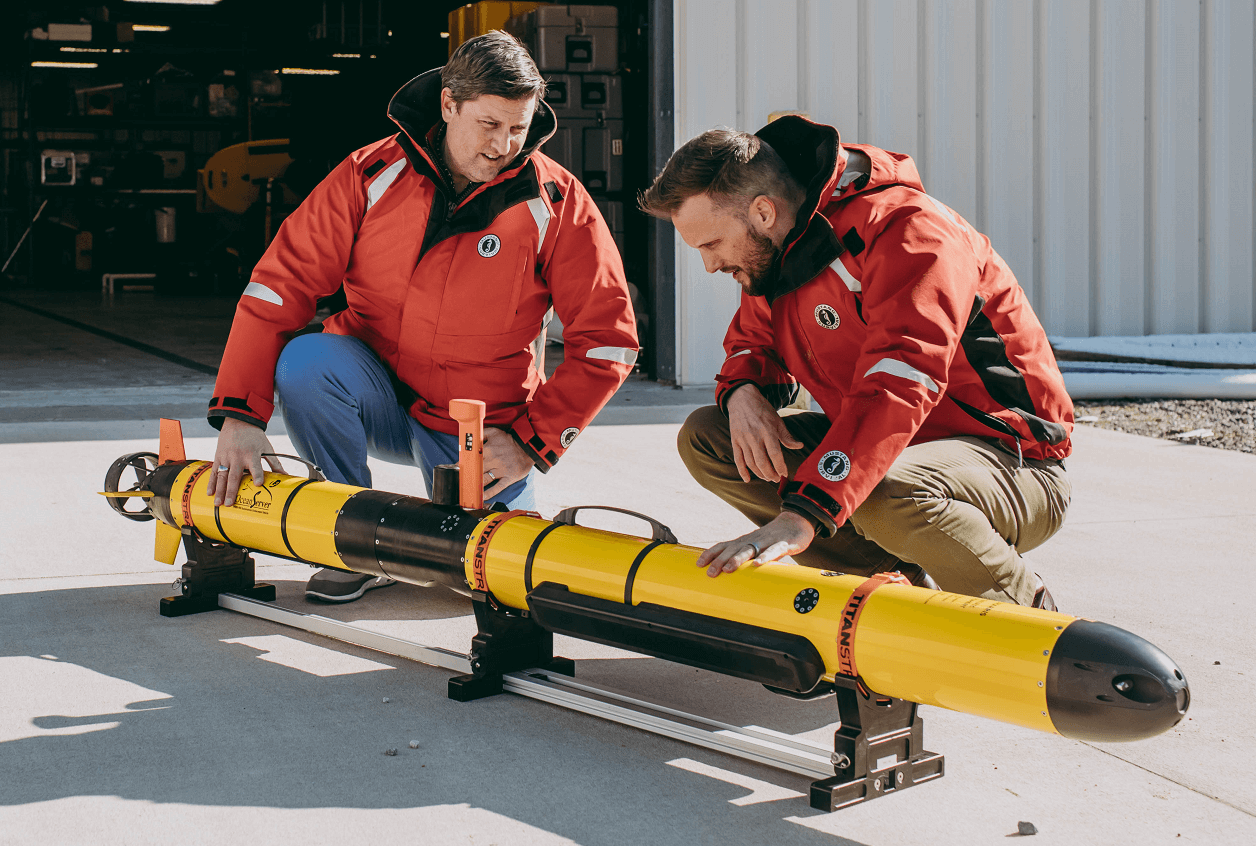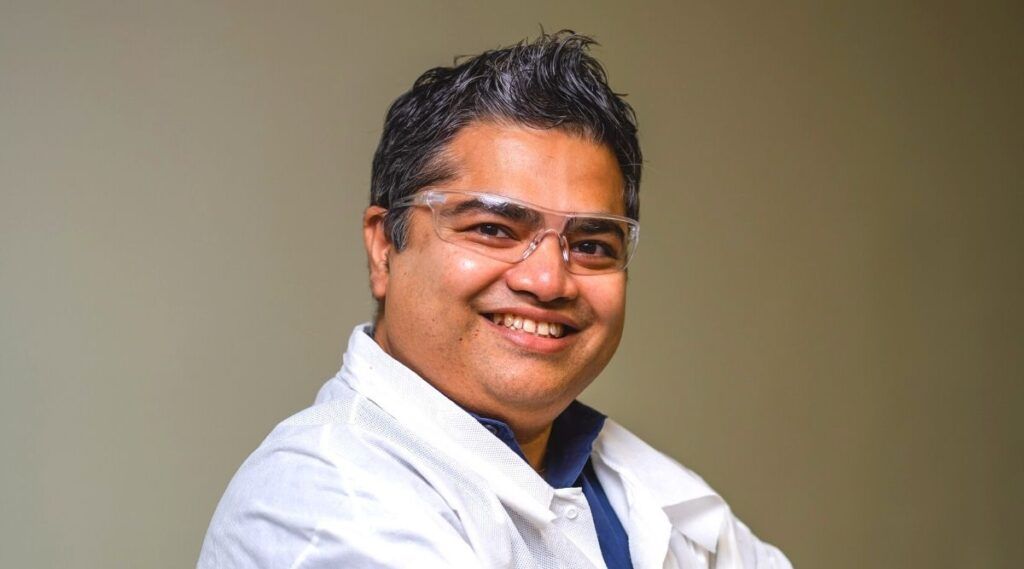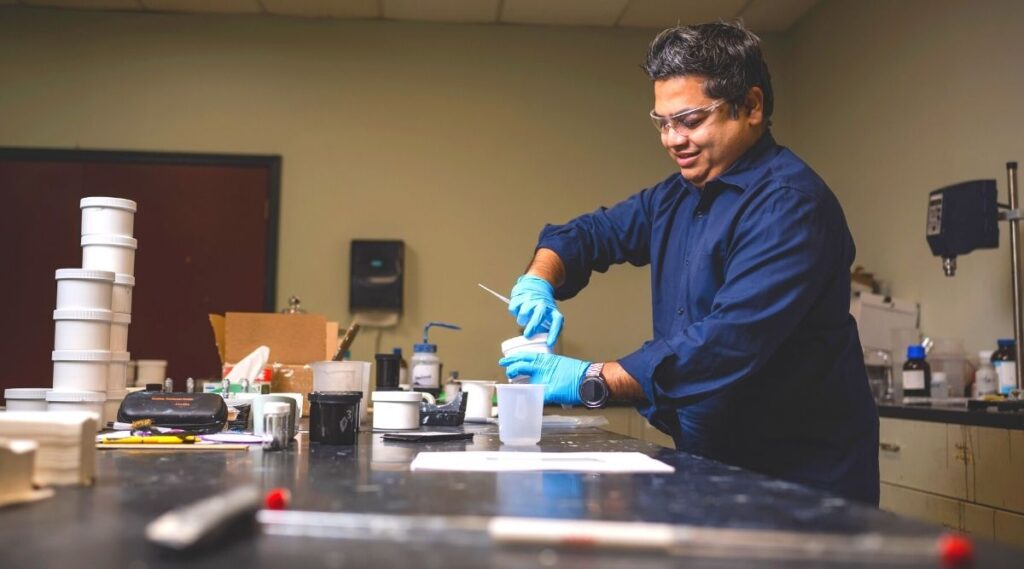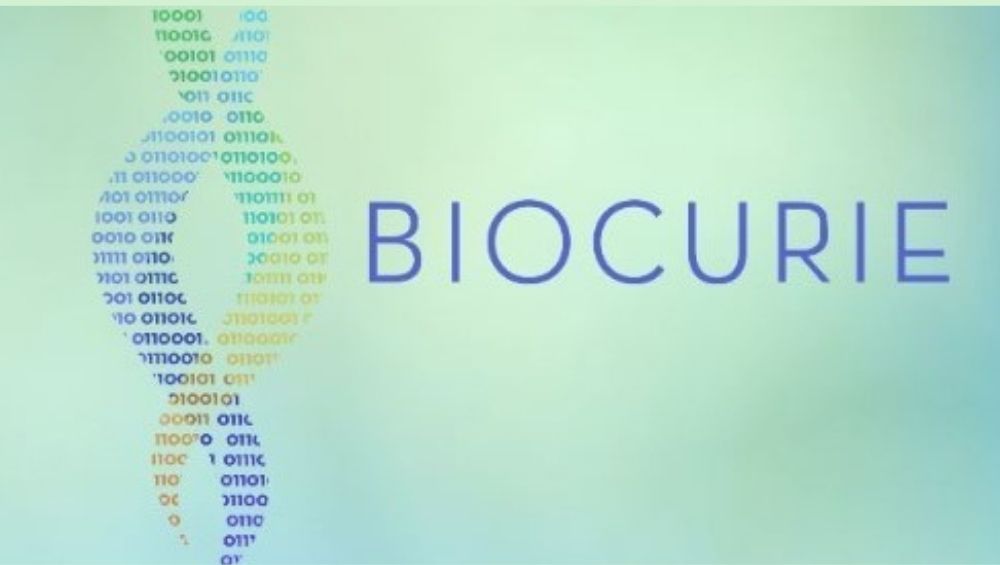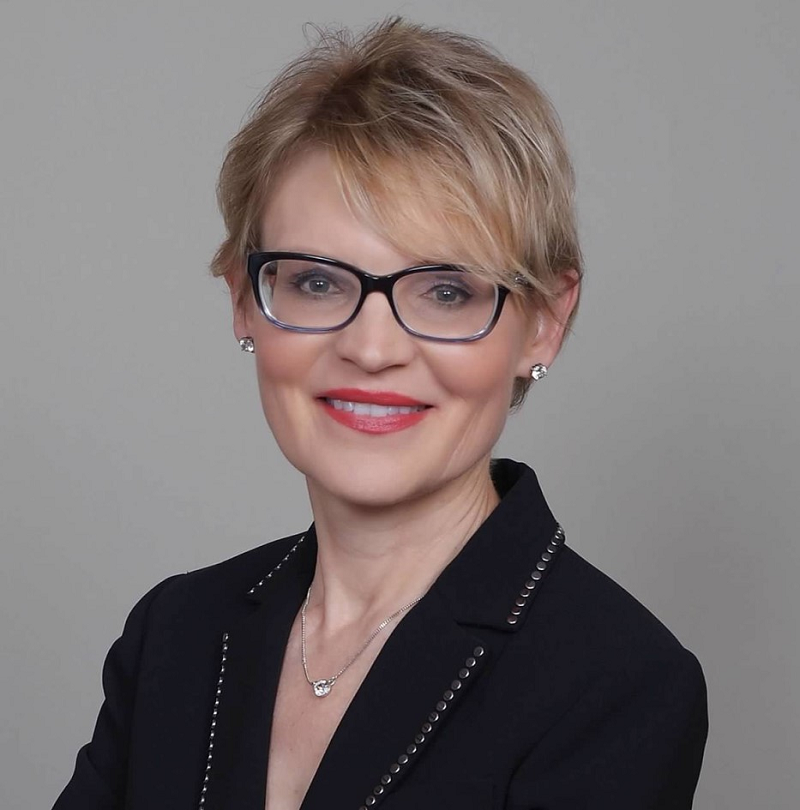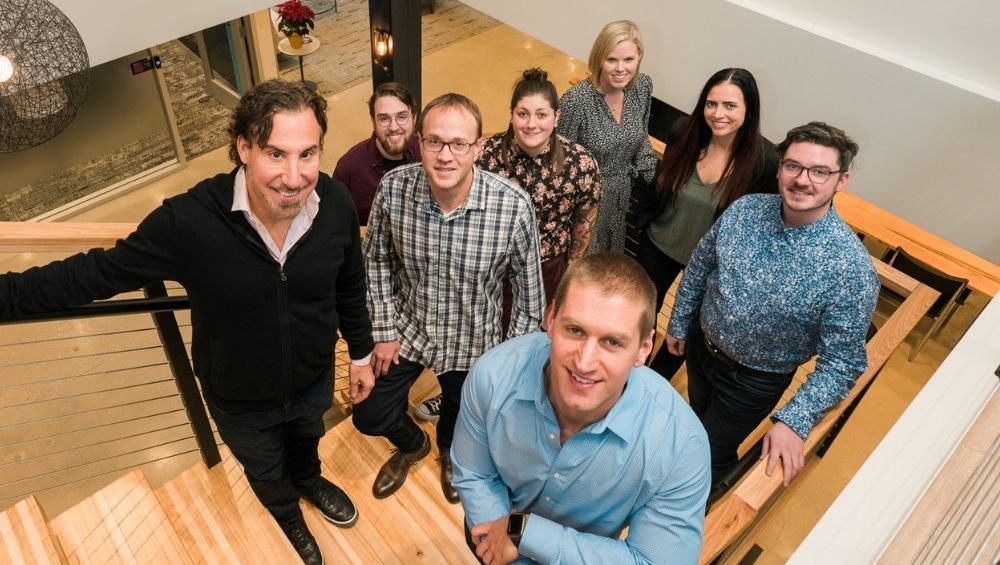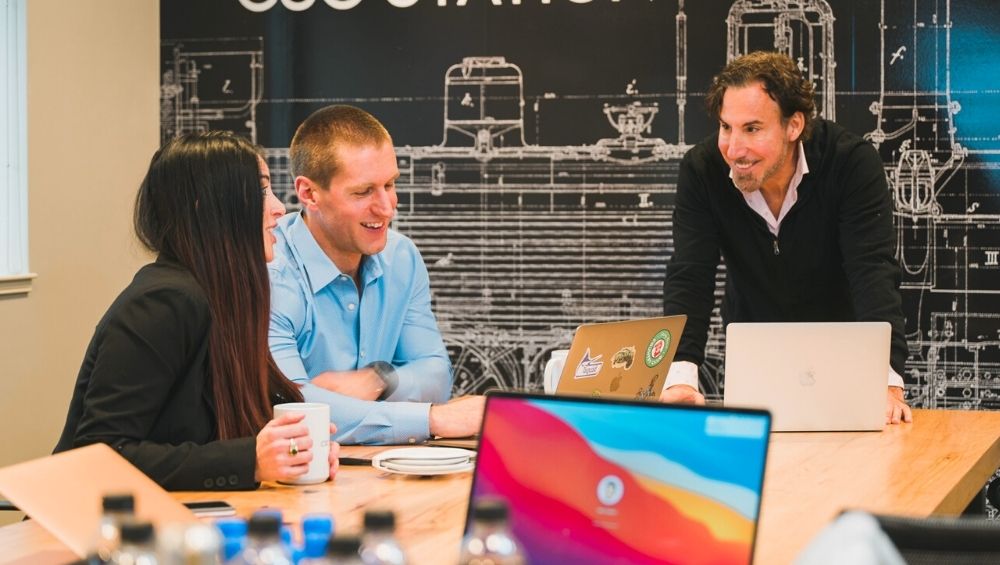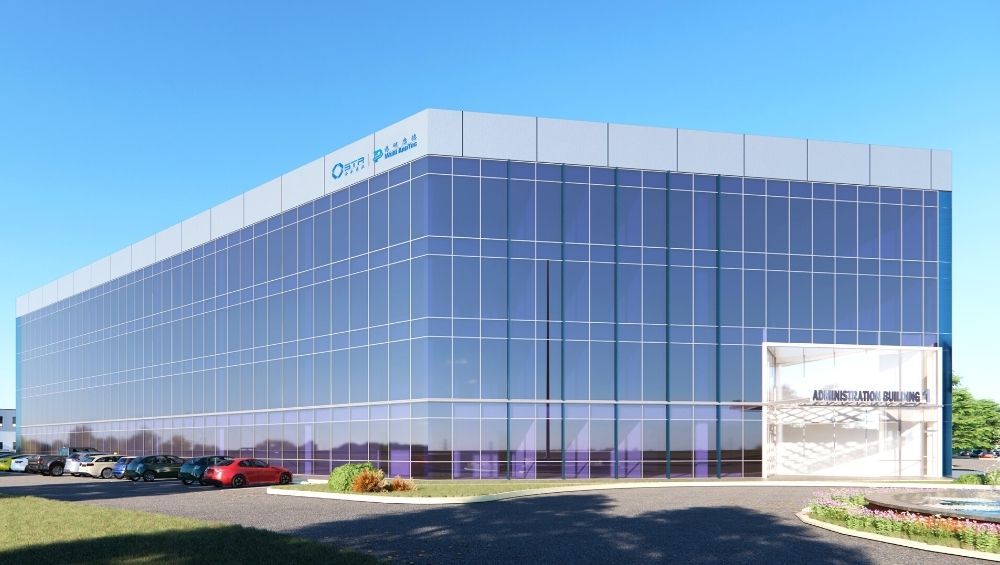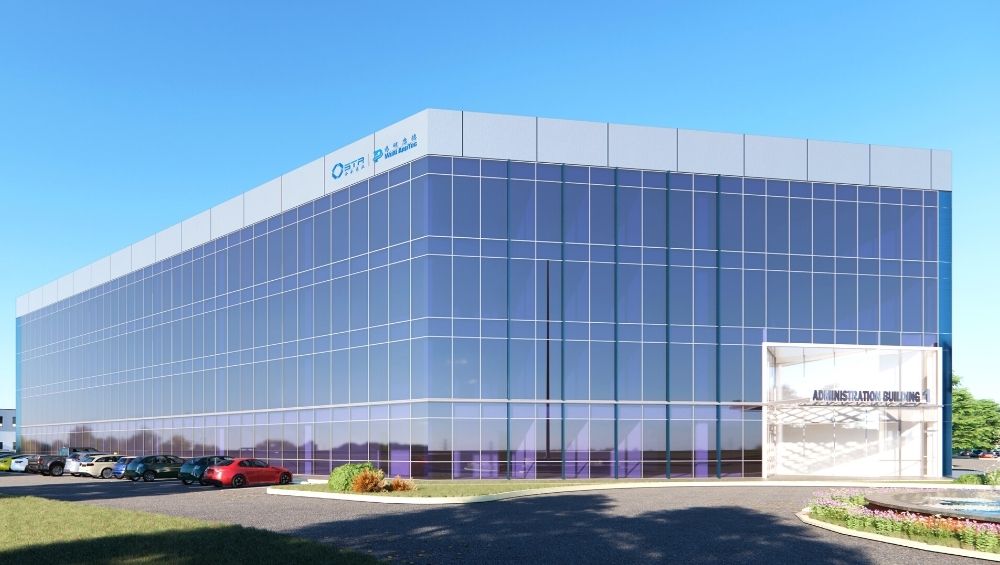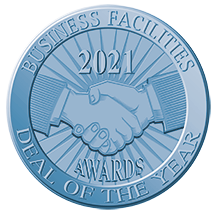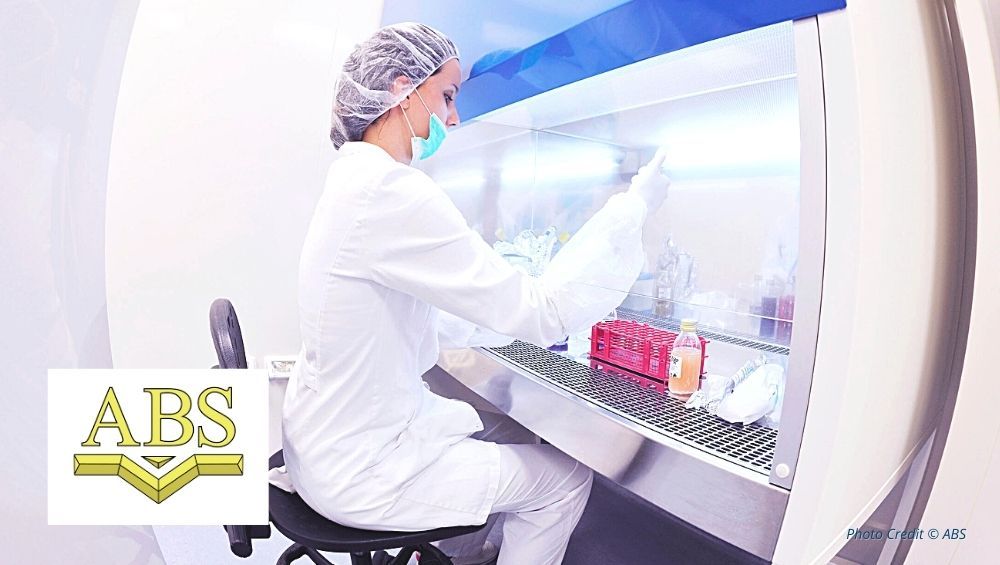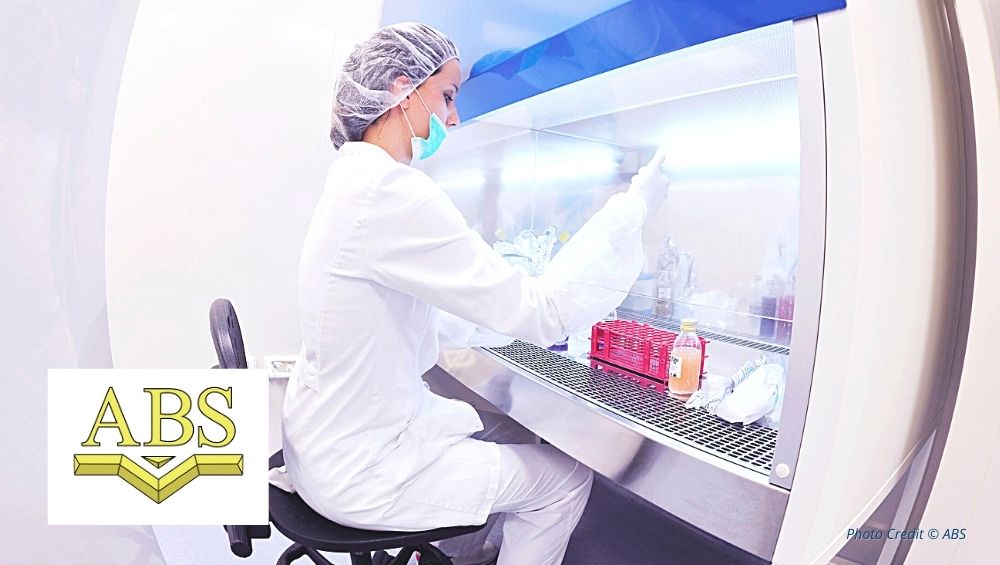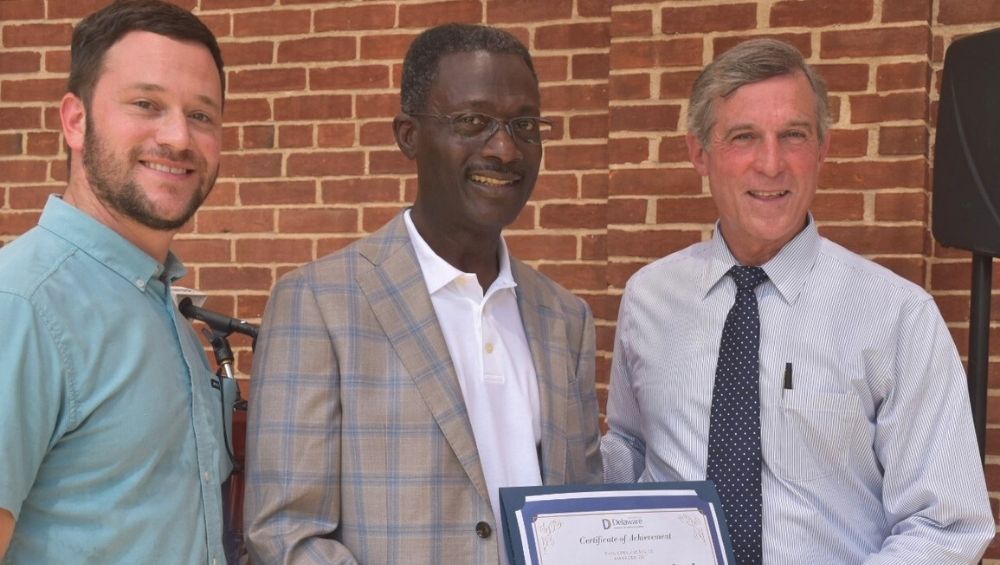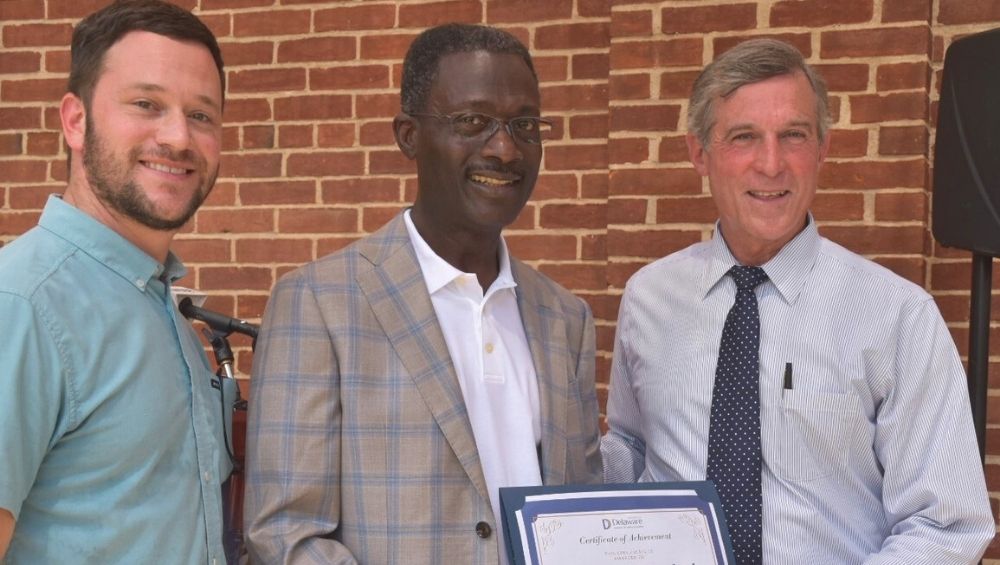Aqua Science Making a Global Splash
In just two years, the Newark, Delaware, water and soil testing company has sent ripples around the world
The growing need for stricter environmental compliance around the world – and a desire for a more progressive workplace culture – provided the perfect foundation for the creation of Newark, Delaware-based Aqua Science LLC.
The basis of Aqua Science’s business lies in water and soil toxicity testing using bioluminescent reagents that the company manufactures and sells, along with sales of their proprietary luminometer for use alongside its reagent products.
But owner and chief executive officer Iwona Evans notes that her background isn’t in science – environmental or otherwise. It’s in finance, with her undergraduate business degree from Goldey-Beacom College, her MBA from the University of Delaware and a second master’s from Goldey-Beacom in business and management. She was, however, putting those degrees to work for biotech companies and saw, in February 2020, an opportunity to start her own venture with a few fellow employees following along.
“It’s been really sort of unexpected with my finance background,” she said. “I had to learn a lot about science, but it’s been great.”
Aqua Science’s products use a bioluminescent bacteria native to the Pacific Ocean that, during the production process, are freeze-dried to allow for storage and transportation. By reconstituting the bacteria, customers essentially bring it back to life. The healthier the environment, the more light the bacteria give off. The luminometer measures the level of light emitted, gauging the level of toxicity by how much the light output diminishes.
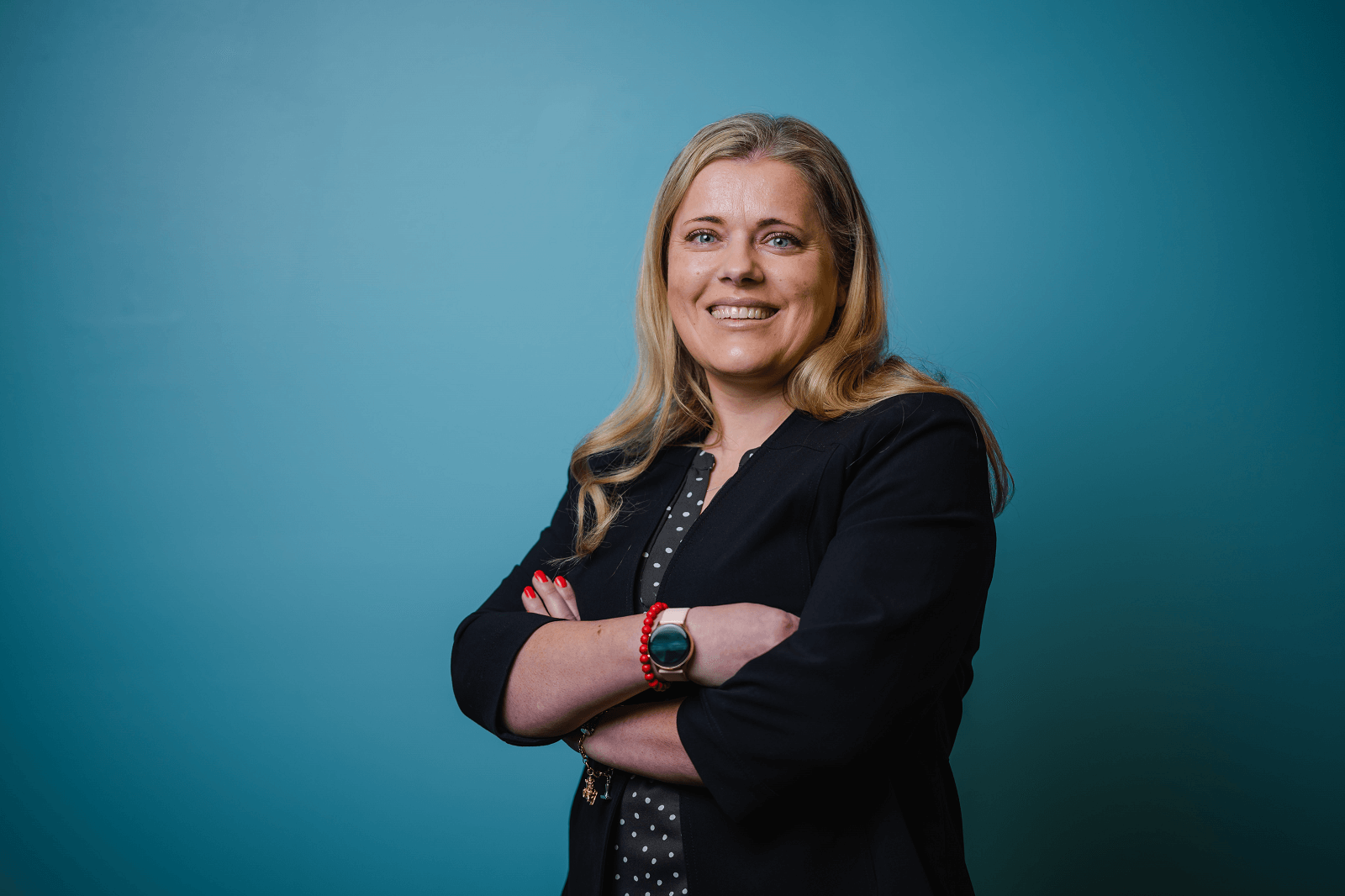
Among the changes Evans and her team have made to the process were to create more stable bacteria, which was a significant improvement, particularly considering the pandemic’s effects on international shipping, she said.
“Shipping suddenly took a lot longer, and the product has to be frozen and shipped in a cooler, so the transit time cannot be too long,” she said. “Our scientists did some additional work, and we were able to make it more stable so the bacteria would survive a longer transit time.”
The new venture bore some similarity to what Evans’ team had been doing at their previous employer. “We saw really great opportunities in the market,” she said, “and we felt they were unfulfilled, that there were changes that could be made.”
Those changes happened fast, and after some initial research and development, the Aqua Science team had a product to market six months after starting the business and at the height of the COVID-19 pandemic.
“Because of the scientists we have here and their knowledge, our customers told us that really this is the best thing they’ve seen in 20 years,” Evans said. “We have the highest quality of bacteria reagents in the world now.”
In designing their new luminometer, the Aqua Science team’s goal was to take widely used but outdated technology and update it for the 21st century. “We thought we could use the cutting-edge technology that’s available right now to make this process easier and better and at the same time keep our environment – our water and soil – safer,” she said. Evans noted that her engineer husband, who doesn’t work for the company or in a related field, contributed to the design of “an incredibly simple and fully custom user interface” for the device. “It’s something I know he’s proud of, and we’re excited that we got his input.”
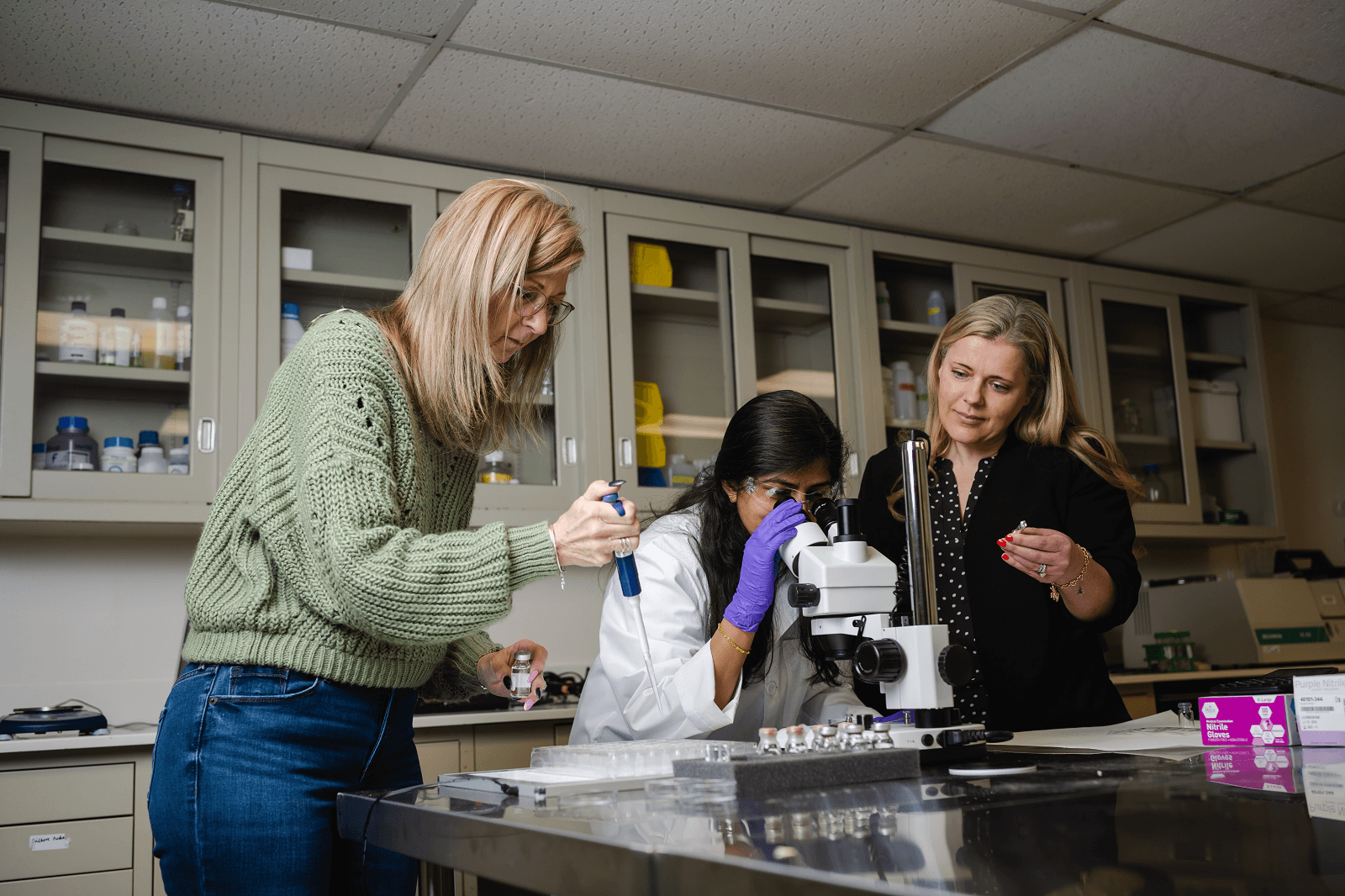
From its Newark headquarters, Aqua Science operates internationally. The company provides much of its product and technology to markets in Europe and Mexico, where environmental regulations are tighter than those in the U.S. and water and soil toxicity standards much more stringent.
“We see this technology as a great screening tool that could be used here in the U.S., and we really hope with our new luminometer coming out we’ll be able to reach customers in the U.S. who can use it to do a quick field test and be able to say, ‘Yes, there’s a problem,’ or ‘No, we’re good,’” Evans said. “For us, the passion is really the clean water and soil, so we would like to grow our R&D department and come up with new solutions to the problems not only here in Delaware but that people around the world are facing.”
Delaware Integral to Aqua Science’s Success
Delaware’s strong business foundation has been integral in Aqua Science’s success, she said, not just by providing a home base and a reservoir of talent, but also through direct support like grants and through organizations like Delaware Prosperity Partnership. The company won a Delaware Division of Small Business EDGE Grant in 2021, which Evans said was a crucial turning point in the company’s success.
“It really sort of brought the team together. Everybody was working on it, and we were all excited when we won,” she said. “It was a huge help, especially for a startup company during a pandemic.”
Additionally, the Small Business Development Center helped the firm get a grant for marketing and write a grant proposal for its PFAS project. In view of the environmental challenges being faced globally related to perfluoroalkyl and polyfluoroalkyl substances (PFAS) in soil and water, especially in the United States, Aqua Science will be developing a new technology to monitor these “forever chemicals.” PFAS are found in a wide array of manufactured chemicals used in the creation of nonstick coatings, stain-resistant carpets and firefighting foam, among many others, and are detrimental to human health.
Other help came from Export Delaware, which provided assistance working with trade missions to promote Aqua Science’s products globally. As she’s built the company, Evans has benefitted from an almost entirely female team, a marked departure from her other workplaces.
“It’s very important and refreshing at the same time because in my previous career it was exactly the room full of men and I was the only woman, and it wasn’t always the greatest experience,” she said. “This is different, and I like it. I think it’s a different way of thinking.”
Currently, the Aqua Science team of six includes Evans, a native of Poland, and two women who are first-generation immigrants from India and Colombia. This also adds strength to the company, she said.
“To me it’s such a valuable thing having a diverse workforce,” she said. “It’s that the ideas are coming from different perspectives, it’s the different ways we look at problems. It’s really beneficial to the business.”
The team’s structure also allows Aqua Science to break free from old-fashioned corporate practices less suited for both a 21st century and pandemic-era workplace, she said.
“We spend a lot of time at work, and we all have families, we have lives. And one thing I will always tell employees is family comes first,” Evans said. “If something’s going on at home, let me know, take some time, we’ll figure it out. Take care of whatever you need to take care of. And this is something that my employees have expressed many times, that it’s so nice to come to work not having to worry if something happens.”
Newsletter Sign Up
Stay Up To Date With Delaware
